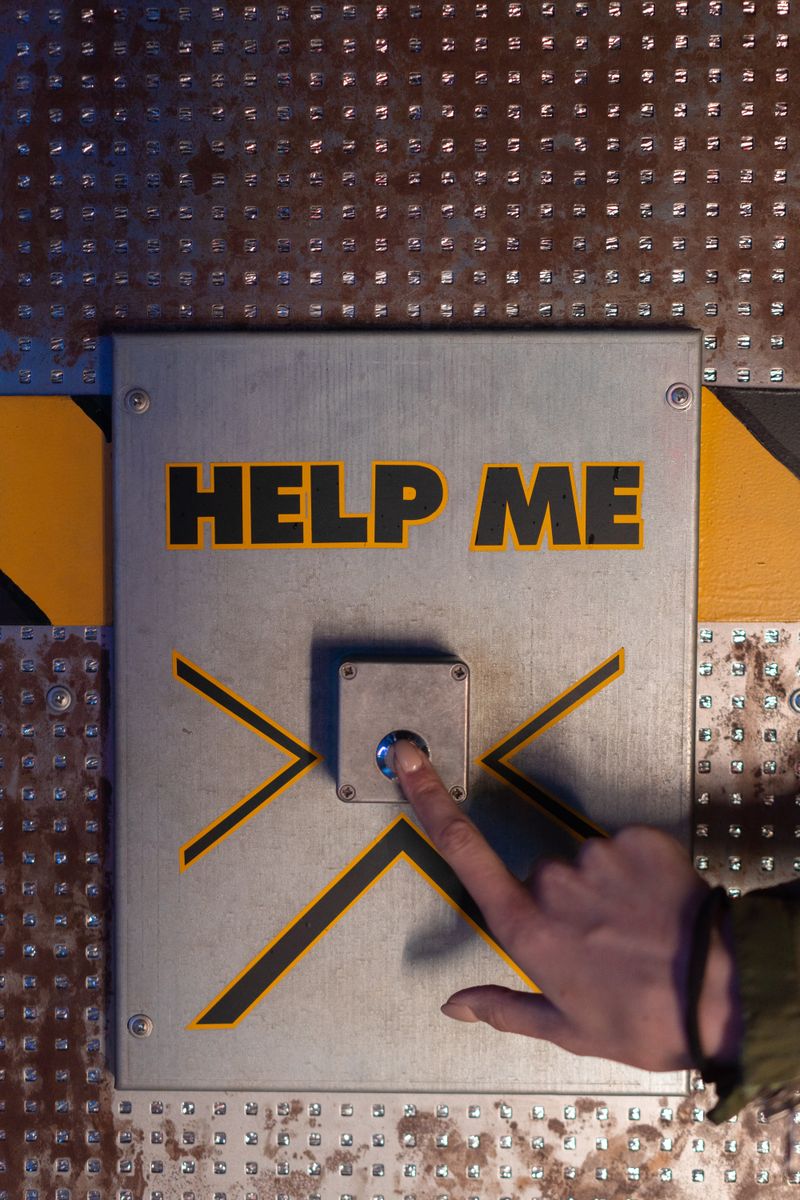Soldiers Declare Coup in Niger
Soldiers in the West African country of Niger have announced a coup on national TV, resulting in the dissolution of the constitution, the suspension of all institutions, and the closure of the nation’s borders. President Mohamed Bazoum has been held by troops from the presidential guard since early Wednesday.
Political Implications
This coup has significant political implications for Niger, a key Western ally in the fight against Islamist militancy in West Africa. The neighboring countries of Mali and Burkina Faso have both experienced coups triggered by jihadist uprisings in recent years. In both cases, the new military leaders have fallen out with France, the former colonial power that also ruled Niger in the past. The unrest in Niger comes on top of existing Western anxiety about Russian operations and the instability in the Sahel region.
International Reactions
The United States Secretary of State, Antony Blinken, has called for the release of President Bazoum and offered Washington’s “unwavering support.” The United Nations Secretary-General, Antonio Guterres, has also spoken with President Bazoum and offered the UN’s full support.
The Economic Community of West African States (ECOWAS) has condemned the attempt to seize power by force in Niger and has sent a delegation led by Benin’s President Patrice Talon to mediate the situation and restore constitutional order. The international community is closely watching the developments in Niger and will likely take further action as the situation unfolds.
The Philosophy of Coup D’État
The coup d’état, or the sudden overthrow of a government by a small group or faction, has a long history, dating back to ancient times. It has often been justified by the coup leaders as a means to restore order, correct perceived injustices, or cleanse the political system of corruption. However, coups also raise significant moral and ethical questions.
Legitimacy and Democracy
One of the central issues raised by coups is the question of legitimacy. In a democratic system, governments derive their legitimacy from the consent of the governed, expressed through free and fair elections. When a coup occurs, the democratic process is subverted, and power is transferred through force rather than popular will.
While some coups may be motivated by a desire to protect democracy or address genuine grievances, they often lead to a period of instability and uncertainty. The sudden change in power can disrupt the constitutional order and lead to human rights abuses, as the unfolding situation in Niger exemplifies.
The Role of the International Community
The international community plays a crucial role in responding to coups. While traditionally, coups were met with acceptance or even support from external powers seeking to advance their interests, the modern norm has been to condemn and isolate coup leaders. International organizations, such as the United Nations and regional blocs like ECOWAS, often impose sanctions and diplomatic pressure to encourage a return to constitutional order.
However, the international community’s response to coups can be complex and contradictory. There have been instances where external powers have supported or even orchestrated coups to advance their geopolitical goals. The presence and influence of global players like Russia and France in the Sahel region add further complexity to the situation in Niger.
Advice for the Future
It is clear that coups undermine democratic processes and can have severe consequences for the affected countries and their populations. To prevent future coups, it is essential to address the root causes of political instability and strengthen democratic institutions.
Addressing Grievances
Political grievances, socioeconomic inequalities, and corruption often fuel the discontent that leads to coups. Governments need to address these issues proactively, promoting transparency, accountability, and inclusive governance. By addressing the root causes of dissatisfaction, the likelihood of a coup can be reduced.
Building Strong Institutions
Strong and independent institutions are crucial for democratic stability. Governments should invest in the judiciary, civil service, and security forces, ensuring their professionalism, impartiality, and adherence to the rule of law. A robust legal framework and clear separation of powers can help prevent power grabs and ensure a smooth transfer of power through democratic channels.
International Support and Diplomacy
The international community plays a vital role in supporting democratic processes and preventing coups. By providing technical assistance, economic aid, and diplomatic pressure, external actors can help countries navigate political challenges and strengthen democratic institutions. Dialogue and mediation efforts, as demonstrated by ECOWAS in Niger, are essential for resolving conflicts peacefully and restoring constitutional order.
Conclusion
The recent coup in Niger highlights the ongoing challenges of democratic governance in the Sahel region of Africa. The international community must stand firm against coup attempts, while also addressing the underlying issues that fuel political instability. By promoting democracy, good governance, and dialogue, we can work towards a more stable and prosperous future for the region.

<< photo by Specna Arms >>
The image is for illustrative purposes only and does not depict the actual situation.




